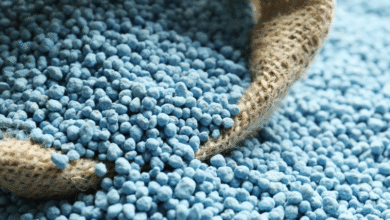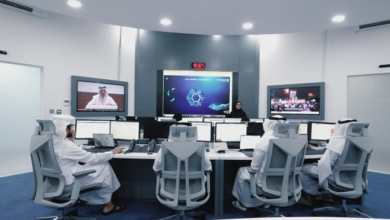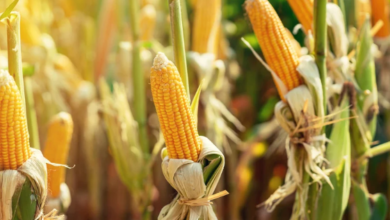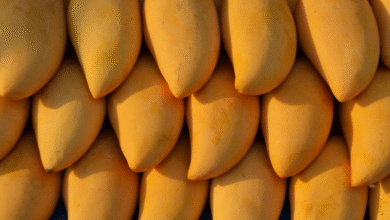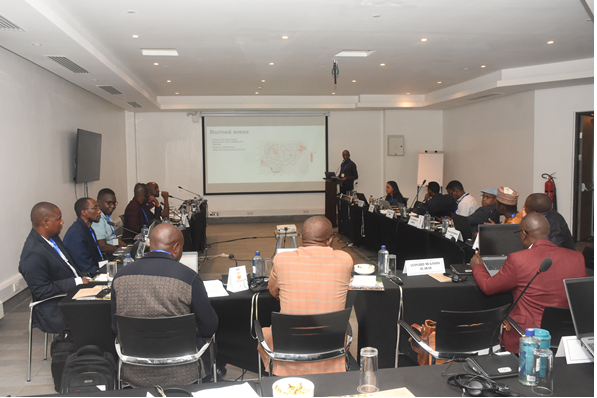
AU-IBAR and ILRI Partner to Strengthen Feed and Fodder Resources Across Africa
Africa
The African Union InterAfrican Bureau for Animal Resources (AU-IBAR) and the International Livestock Research Institute (ILRI) are partnering to strengthen and harmonize approaches and methodologies for undertaking Feed and Fodder Inventories and developing National Feed Balances
Accurate Feed and Fodder Inventory is crucial for livestock development, identifying gaps and opportunities for investments for a viable livestock sector to reduce shocks due to climate related challenges and other challenges
To address this challenge, AU-IBAR and ILRI are conducting a five-day National Feed Inventory capacity-building workshop in Nairobi, Kenya (October 28 – November 1, 2024), targeting technical personnel from Kenya, Uganda, Zimbabwe, Cameroon, Nigeria, and Somalia

The workshop will strengthen capacity of the participants to utilize digital tools and technologies as opposed to manual approaches which are usually expensive and time consuming. This will enhance data accuracy and capacity to collect land scale level data
This partnership leverages the expertise and resources of ILRI, AU-IBAR, and participating countries. Findings will be used at country level for preparation of their National Feed Inventories and development of Early Warning Systems
Following this workshop, African countries will ensure viable and sustainable livestock development and better prepare for climate related challenges. The finding will also be published in peer-reviewed journals, industry publications, policy forums, and public media outlets
About AU-IBAR and ILRI: AU-IBAR and the International Livestock Research Institute (ILRI) are collaborating on a Research and Development initiative under the Resilient African Feed and Fodder Systems Project. The project addresses the lack of national-scale data on feed availability relative to demand, as well as the types of feed used for livestock. This information is critical for improving feed development, strengthening early warning systems, and triggering timely interventions to mitigate feed and fodder crises in the livestock sector. Additionally, this data would inform the Livestock Masterplans that ILRI and AU-IBAR are supporting
Traditionally, ILRI has used the FEAST tool to assess feed systems and guide local interventions. While effective at the local level, FEAST’s scope is limited. To support broader actions, ILRI proposes a “helicopter view” of livestock feed resources by developing prototype feed balance estimates for different agro-ecological and livelihood zones in target countries. This approach leverages advanced satellite imagery and spatial data to map feed resources, providing approximate estimates with uncertainty parameters that can be further validated through ground-truthing
The national feed inventory and feed balance need to be improved to meet the needs identified through the RAFFS Project’s continental survey, which examined the impacts of COVID-19, climate change, and the Russia-Ukraine conflict on Africa’s feed and fodder systems
https://www.au-ibar.org/:Source




